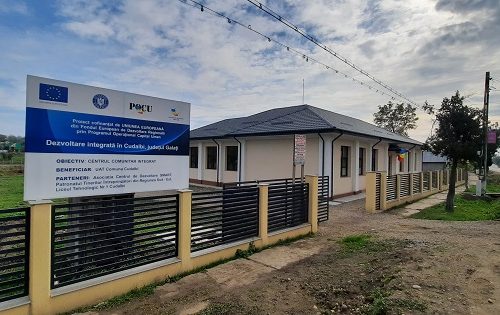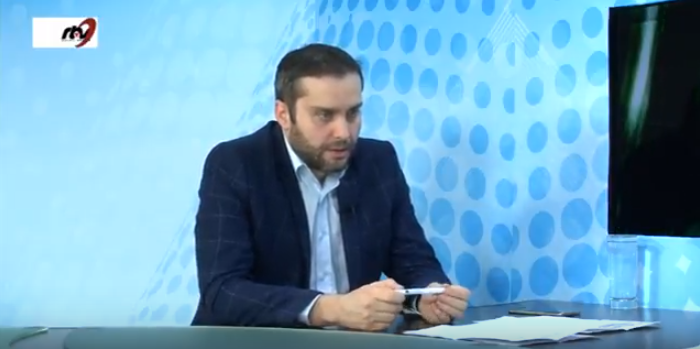Recomandari privind accesul la e-participare

Recomandarile de mai jos au scopul de a face participarea online mai importanta in procesul de luare a deciziilor si de a creste impactul acesteia in viata comunitatii. Ele sunt rezultatul grupului de lucru pe “promovarea accesului la e-participare” din cadrul Seminarului New Ways of Participation in Multicultural Youth Work, ce s-a desfasurat la Centrul de Tineret al Consiliului Europei de la Budapesta, 14-18 iunie 2010. Am lucrat foarte bine cu Nicky, Federico si Claire :).
Recommendations to Youth organizations. They should:
- Empower, develop and promote the use of e-participation tools such as social networks, interactive platforms, audio-video materials, to their members. These tools should be structured and developed into a strategy to approach disadvantaged neighborhoods.
- Combine the e-participation tools with regular face-to-face meetings.
- Organize trainings and workshops to develop e-participation skills.
- Engage authorities and civil society representatives in virtual meetings in order to shorten the distance between the two sides and generate a structured dialogue.
- Create e-learning opportunities for young people, adjusted to the specific problems of their disadvantaged neighborhoods.
- Develop e-youth work to prevent dangers on the web, by training courses and exchanges of good practices.
- Network better between themselves to exchange good practices, success stories and tools of participation and e-participation.
Recommendations to Researchers. They should:
- Create evaluation tools to monitor the effectiveness of e-participation activities in disadvantaged neighborhoods.
- Better identify and explain the status-quo or the problems in disadvantaged neighborhoods.
- Implement specific participatory endeavors to young people from disadvantaged neighborhoods.
- Identify the disadvantaged neighborhoods and shape their profiles.
Recommendations to Policy makers (local, regional and national authorities). They should:
- Develop free internet coverage in disadvantaged neighbourhoods.
- Develop and encourage structural dialogue so that at least once a month they are engaged in participation or e-participation activities.
- Support the work of youth organizations by providing materials, spaces and funding opportunities to them.
- Be more engaged in partnership agreements with NGOs and the private sector to attract more resources to the local community.
- Offer recognition to the participation and e-participation activities that make a difference in the community.
- Use grants/vouchers/other types of support to help young people from disadvantaged neighborhoods to acquire technological equipment.
- Train policy makers in the benefits of e-participation opportunities in their line of work.
- Ensure the presence of at least one youth centre adequately equipped with computers and other materials necessary for e-participation, in disadvantaged neighborhoods.
- Have user- and youth-friendly websites.
- Have multiple language support of the websites of public authorities in multi-ethnic neighborhoods.
Recommendations to European institutions. They should:
- Encourage all of the member states to develop the job of youth worker.
- Develop the profile of e-youth work.
- Act as the driving force to implement policy change at a high European level.
- Organize and support training courses at European level for e-youth work. They could be long-term and sustainable, followed-up by e-platforms.
- CoE recommend the members of CLRAE to encourage and be more involved in e-participation activities in their neighborhoods.
- CoE use CLRAE to share good practices of e-participation as a way to solve or better address community problems.
- The European Commission could allocate more resources to help disadvantaged communities use e-participation tools.
- European institutions could make participation in disadvantaged neighborhoods a priority in their line of action.
- European Commission should make a more effective promotion of the e-consultations on various topics when working on draft papers.
Mai multe detalii se pot gasi pe site-ul proiectului ENTER.


